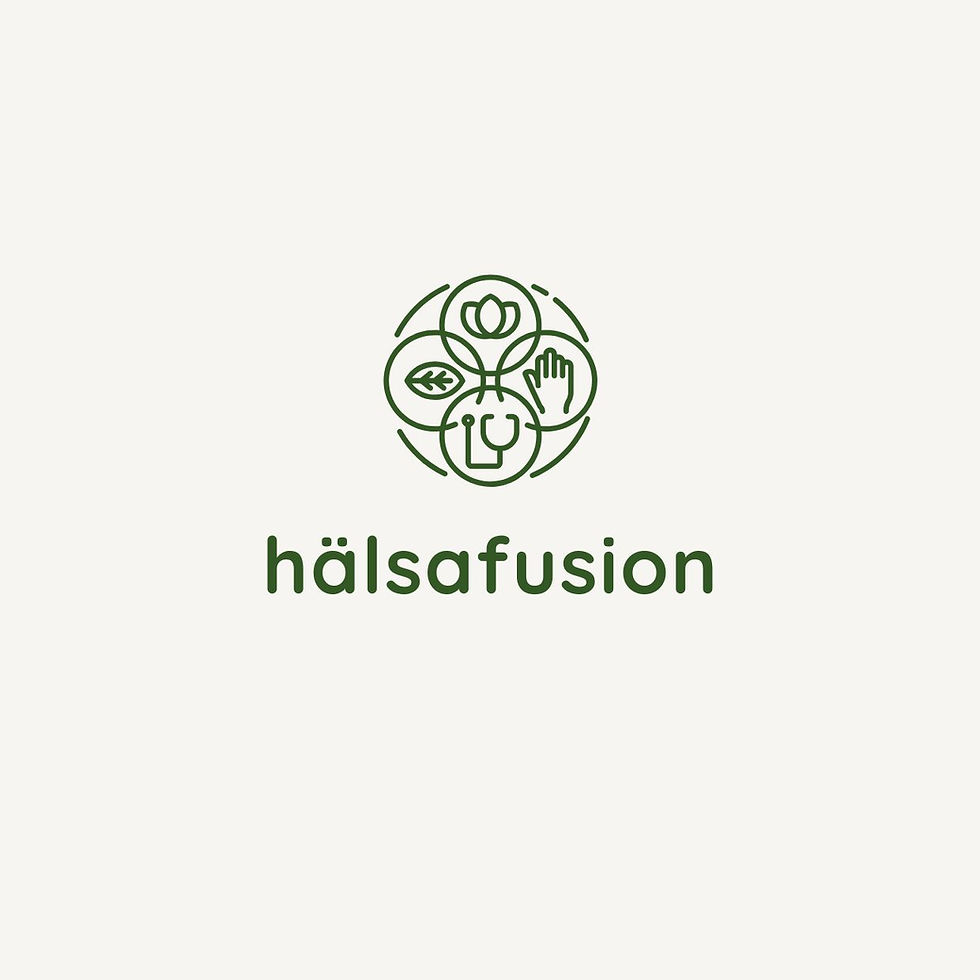The Beauty Industry: A Maze of Terms and Labels That Leave Consumers Overwhelmed
- Jenna Binkle
- May 6
- 4 min read
Updated: May 23
Navigating the beauty industry can feel like trying to solve a complicated puzzle. With countless products with labels like “organic,” “hypoallergenic,” “biodynamic,” and “natural,” it can be difficult to know what these terms really mean. For the average consumer, shopping for skincare is overwhelming. With so many buzzwords, how can you be sure you’re making the best choice for your skin and the environment?

The beauty industry is vast, and marketing plays a significant role in shaping our perceptions. Terms like “organic” and “natural” often sound appealing—who doesn’t want to use products that are better for both their skin and the planet? But the truth is, these labels are often not as clear as they seem, and it’s easy to be swayed by clever marketing.
Let’s take “organic” as an example. When you see “organic” on a product, it sounds like a promise that the ingredients are free of chemicals, pesticides, and synthetic additives. But in reality, when a product is labeled “organic,” it often means that only 70% of the ingredients are sourced from organic sources. That’s right—just 70%. For consumers looking for truly hypoallergenic options, that’s simply not enough. If you’re trying to avoid allergens, the presence of even a small amount of non-organic ingredients can trigger reactions.
And yet, many of us reach for products labeled "organic" because it makes us feel like we’re making healthier, more eco-friendly choices. In fact, organic sales in the beauty industry have been rising rapidly, and the demand for “natural” and “green” products is only increasing. But the issue is, these labels don’t always guarantee purity. Organic in skincare isn’t the same as organic in food, and while organic farming methods are certainly better for the environment, it’s not the end-all be-all when it comes to skincare safety and efficacy.
Understanding Skincare Labels: Decoding the Buzzwords
To cut through the noise and avoid falling for marketing gimmicks, it’s important to learn what these common skincare terms really mean. Here are a few key definitions to help you navigate the rabbit hole of green beauty shopping:
Organic
As mentioned, “organic” generally means that 70% of the ingredients come from organic farming sources. This doesn’t mean the product is 100% free of synthetic or potentially harmful ingredients, so it's important to read the full list of ingredients. It’s also worth noting that the term “organic” is not strictly regulated in many countries when it comes to skincare, making it harder to trust.
Biodynamic
Biodynamic farming goes beyond organic practices by considering the environmental impact and the interrelationship between soil, plants, and animals. Biodynamic products often consider lunar cycles and astrological rhythms, which means they’re not just organic, but also grown in harmony with the earth’s natural cycles. It’s a holistic approach to skincare that is both eco-conscious and innovative.
Natural
“Natural” sounds like it’s better for you, right? But in the beauty industry, it can be a bit of a grey area. The term “natural” is largely unregulated, meaning that a product can have a few natural ingredients but still contain synthetic chemicals. It’s essential to check the ingredient list to determine how much of the product is genuinely “natural.”
Hypoallergenic
If you’re prone to allergies or sensitive skin, you may seek out “hypoallergenic” products. However, it’s crucial to understand that this term is not strictly regulated either. A product labeled “hypoallergenic” could still contain ingredients that may irritate your skin. Always patch-test new products if you have concerns.
Clean
“Clean” beauty refers to products that are free of certain controversial ingredients, such as parabens, sulfates, and phthalates. However, the definition of “clean” can vary by brand, and there is no official certification for “clean” beauty. So while the idea sounds appealing, it’s important to dig deeper into the brand’s practices and ingredient list.
What Does This All Mean for the Average Consumer?
With all of these confusing terms, it’s easy to feel lost. But there’s good news! You don’t need a degree in biochemistry to make smarter choices when shopping for skincare. The first step is to get familiar with the most common terms and become a label detective. Look past the buzzwords and focus on ingredient transparency, sourcing practices, and certifications.
Making Informed Choices with Eminence Organics
If you’re looking for a brand that takes ingredient transparency and eco-consciousness seriously, consider Eminence Organics. Eminence Organics prides itself on using 100% organic and sustainable farming practices. Their products are not only formulated with natural ingredients, but they also avoid harmful chemicals, making them a great choice for those looking to create a truly green skincare routine.
Eminence Organics goes above and beyond with its biodynamic farming methods, ensuring that the ingredients are not only organic but also grown with the earth’s natural rhythms in mind. Their commitment to cruelty-free, vegan, and eco-friendly practices makes them a trusted choice in the green beauty world.






Comments